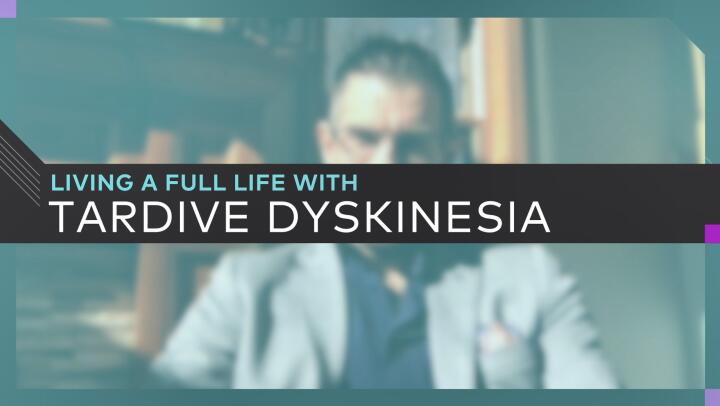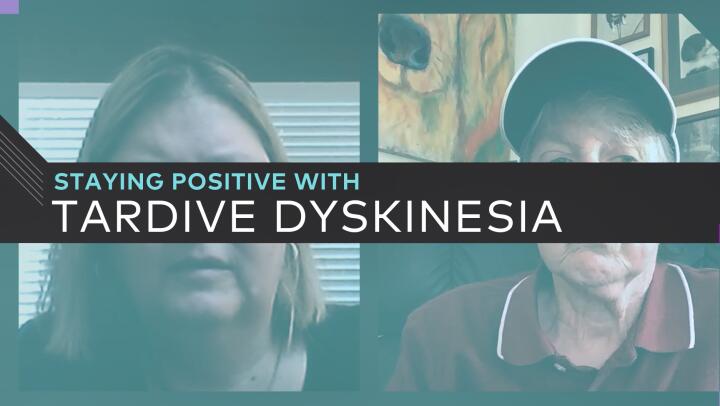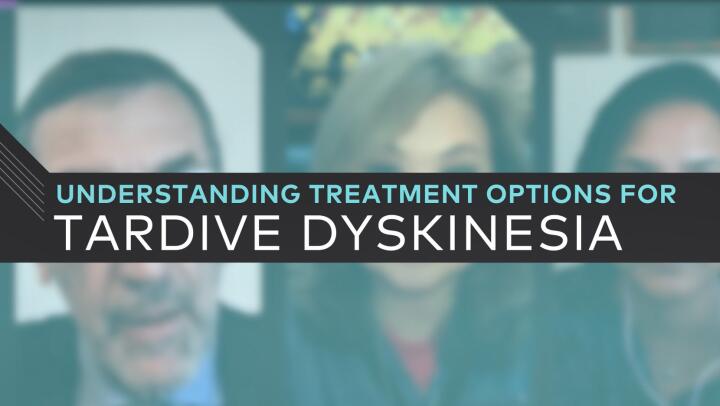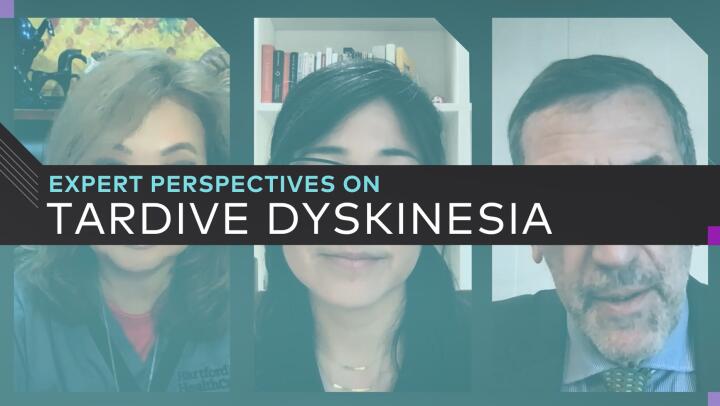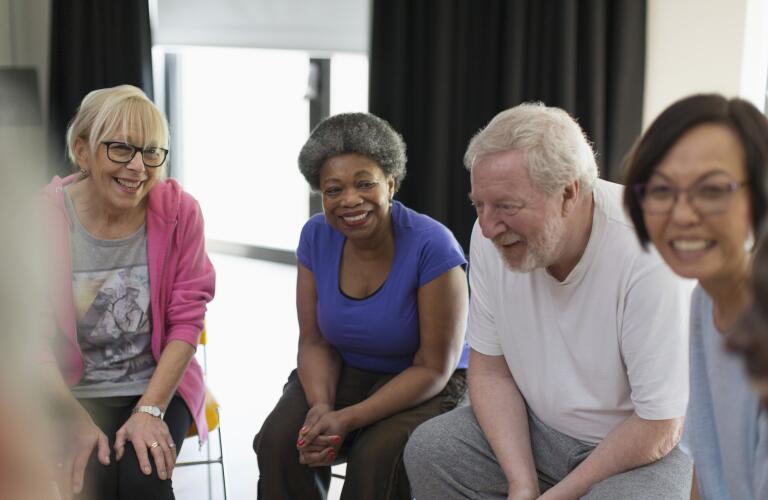
You’re probably familiar with support groups for substance abuse, such as Alcoholics Anonymous. But did you know there are also support groups for people like you—those who care for individuals with schizophrenia and other mental illnesses? In fact, support groups for families, friends, and caregivers of people living with mental illnesses are becoming more common.
How a Support Group Could Help You
Caregiving can be rewarding, but it can also take its toll on you. Schizophrenia caregivers report that they often feel worried, overwhelmed, isolated and lonely. Research shows schizophrenia caregivers also undergo high levels of stress, depression and anxiety.
Fortunately, research shows connecting with others helps you cope with stress and feel less isolated. A caregiver support group allows you to get the social support you need from people going through similar experiences. It can be comforting to know you’re not alone. Some evidence even shows schizophrenia patients tend to get better when their caregivers attend a support group.
Through a support group, you can:
Learn new information. One survey found the biggest challenge caregivers face is finding treatment and services. By joining a support group, you can get trustworthy personal recommendations and learn about resources in your area. Some support groups also include education and training.
Get emotional support. Sometimes it can be difficult to talk about caregiving struggles with other people. But fellow support group members know what you’re going through. Support group members offer each other encouragement and reinforcement. Most groups are confidential, so you can share freely.
Types of Support Groups
All support groups offer people in similar situations a place to share their experiences. But groups can also differ in a few important ways. When you’re choosing a support group, consider:
Does the group offer caregiver education? Some support groups offer training on symptoms, communication, crisis management, and other caregiver skills.
How big is the group? Small groups are more personal, while large groups offer a wider variety of perspectives.
Is the group open or closed? You can join an open group at any time. A closed group meets for a set number of sessions with the same participants.
Who leads the meetings? A mental health professional, a trained facilitator, or a peer?
Who is the support group for? Some are open to people with mental illnesses and their caregivers and loved ones. Others cater specifically to caregivers.
How to Find a Group for Schizophrenia Caregivers
Support groups can take place in person, online, or over the phone. Some popular national programs include:
Caregiver Online, an online support group for caregivers hosted by the Family Caregiver Alliance
Family-to-Family, a 12-week course offered by the National Alliance on Mental Illness (NAMI)
NAMI Family Support Group, for family members, loved ones, and caregivers of people with mental illnesses
Schizophrenics Anonymous, which hosts weekly national conference-call support groups in addition to sponsoring local chapters
You can also talk with your healthcare provider to find support groups in your area.
Key Takeaways
Schizophrenia caregivers often feel worried, overwhelmed and isolated. They may deal with stress, depression and anxiety.
Research shows that connecting with others, such as through a support group, helps you cope.
All support groups offer a chance to share feelings and experiences. Some also offer caregiver education and training.
When you’re choosing a support group, consider factors such as its size, whether it’s open or closed, and who leads the meetings.
Some popular support programs include Caregiver Online, Family-to-Family, NAMI Family Support Group, and Schizophrenics Anonymous.






